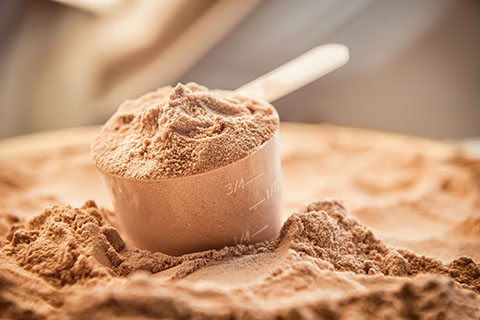
The food we eat provides us with energy in the form of glucose. However, if you have diabetes, glucose builds up in your blood and cannot get into your cells to be used for energy. When glucose levels remain high, over time, it can cause damage to your eyes, kidneys and nerves. You are at… Read more »








